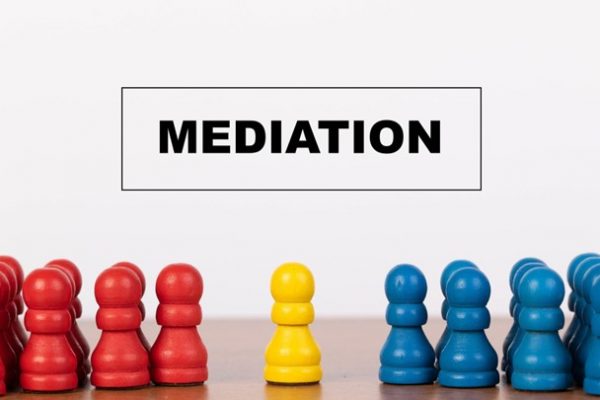Divorce is a stressful situation for both spouses. However, a successful divorce mediation can help both parties reach closure and peacefully move on from the situation. Here are ten ground rules to follow when working through divorce mediation.
Arrive On Time
Understand that your behavior and attitude towards the mediation can play a role in how both parties, the attorneys and mediator, view you. Showing up on time for the mediation indicates that you care about the matter and respect the gravity of the situation.
Ask Questions When Confused
Mediation can involve legal jargon and phrases that might leave you confused. Additionally, it’s not uncommon to get a bit lost in all the back-and-forth discussions and options relayed during mediation. Asking for clarification ensures you remain confident and comfortable in the mediation process.
Take and Ask For Breaks
Divorce mediation is an emotionally and mentally exhausting process for many people. During the mediation meetings, don’t be afraid to request breaks. As much as you may want the process to end sooner, taking breaks can help you maintain the emotional calm needed to navigate the mediation process successfully.
Understand the Role of the Mediator
Mediators play a unique role in divorce proceedings. They do not give legal advice; that is reserved for your attorney. Instead, they help guide the process of mediation so that both parties feel equally satisfied with the results as much as possible. The mediator is not on anyone’s side and does not take sides, regardless of how one might feel during the mediation process.
Communicate Openly With Your Attorney
While your attorney would not typically attend the mediation sessions, he or she is your supporter throughout the mediation process – don’t hold back your feelings or information from them and allow them to provide any needed legal advice and guidance between sessions.
Follow The One Speaker At A Time Rule
During mediation, it is critical that you only speak during your turn. Following the one-speaker rule helps the mediation progress quickly and calmly.
Avoid Interruptions
In addition to only one person speaking at a time, interruptions aren’t ideal during mediation. Only one person speaks at a time, while the other reserves their comments for their turn to speak.
Be Respectful
Both parties should do their best to be respectful to each other during mediation to achieve a timely, calm, and successful mediation result.
Both Parties Must Agree To Confidentiality
Mediation can bring up sensitive information for both parties. Therefore, during mediation, you, your spouse, and the mediator(s) agree to confidentiality. Confidentiality allows the mediation process to proceed with open, honest discussions and for there to be trust between both parties and the mediator.
Try To Think Empathetically of the Other Party’s Situation
Both parties in a divorce mediation experience difficult emotions; when mediating, it helps to put yourself in the other person’s shoes, as difficult as that may be. Doing so helps you understand their goals in the proceedings while helping you work through your own thoughts and emotions during the process.
Image Credit: Marco Verch Professional Photographer / flickr

